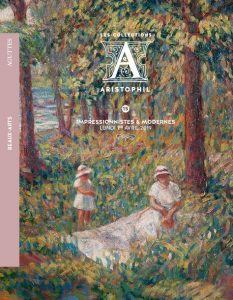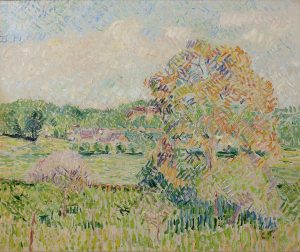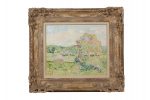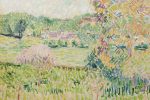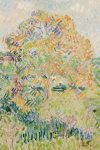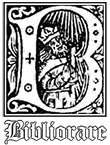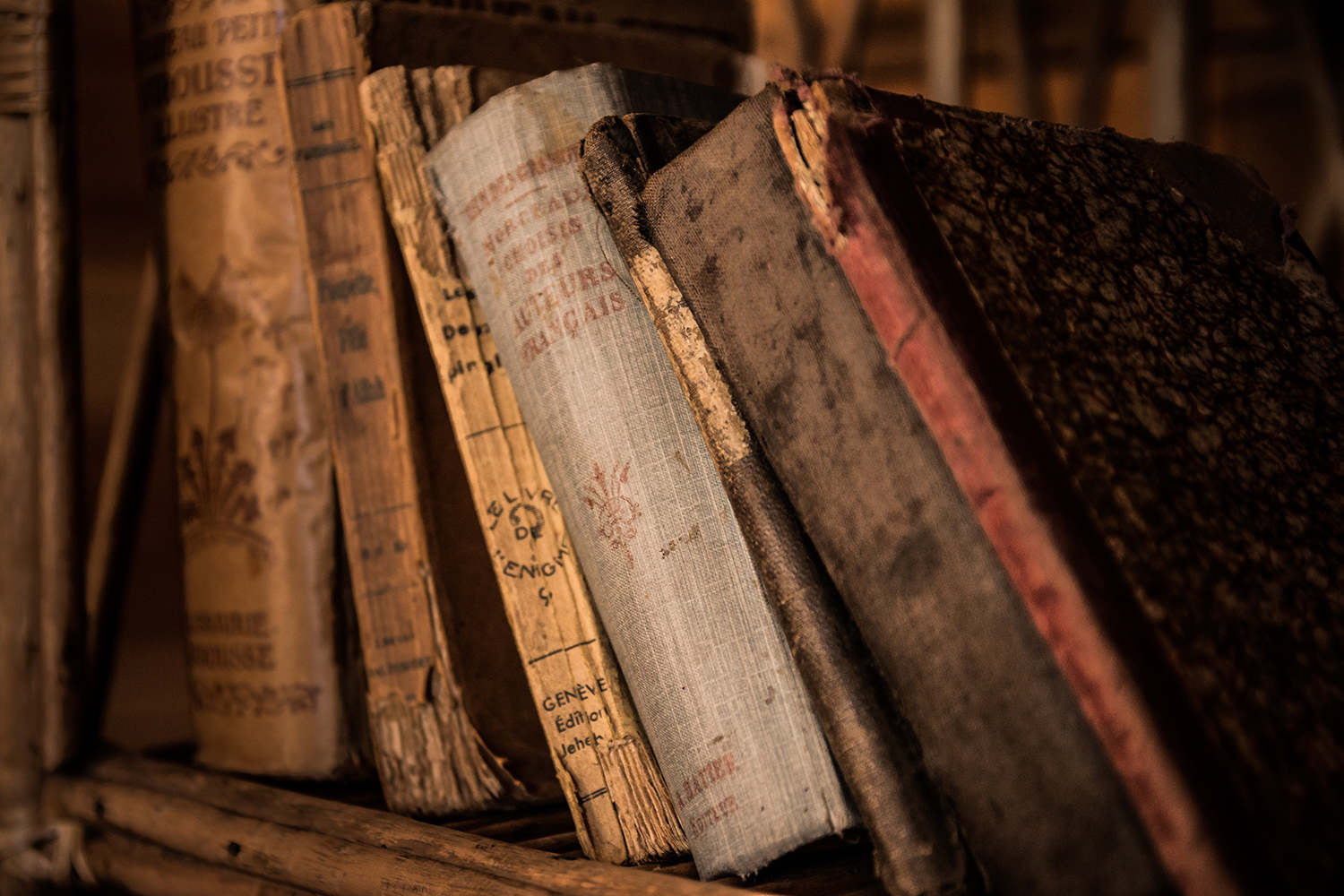CAMILLE PISSARRO (1830-1903). Le grand noyer à Éragny, Automne. Huile sur toile, marquée du cachet en bas à droite, annoté «Printemps, Eragny (Esquisse), 213 » au dos sur le châssis. 38.3 x 46 cm - 15 1/8 x 18 1/8 in.
Description
PROVENANCE
Collection Paul-Emile Pissarro, par descendance en 1904
A & R Ball, New-York
Collection Alice Tully, New-York
Vente Christie's, New-York, 10 Novembre 1994
Vente Sotheby's, Tel Aviv, 11 Octobre 1995
Collection privée
Vente Sotheby's, Londres, 6 février 2013.
Collections Aristophil.
BIBLIOGRAPHIE
Ludovic Rodo Pissarro & Lionello Venturi, Camille Pissarro, son art, Son oeuvre, Paris, 1939, vol. I, réf n° 742, p. 185, repr. vol. II, pl. 155
Joachim Pissarro & Claire Durand-Ruel Snollaerts, Pissarro, Catalogue critique des peintures, Paris, 2005, vol. III, n° 897, repr. p. 590
CAMILLE PISSARRO (1830-1903)
L’oeuvre de Pissarro est considérable: à l’heure actuelle, on compte plus de 1500 toiles disséminées dans les plus grands musées et dans des collections particulières. S’il a fait bon nombre de portraits, de scènes de genres et de natures mortes, Pissarro est connu tout particulièrement pour ses paysages, à travers lesquels il restitue une immense partie des évolutions stylistiques et techniques du XIXe siècle: d’abord impressionniste aux côtés de Monet, Cézanne et Gauguin, il s’oriente vers le divisionnisme entre 1880 et 1890. Ce dernier mouvement ne lui permet pas de s’épanouir pleinement: il en juge le cadre et les principes trop contraignants. C’est véritablement comme meneur du mouvement impressionniste (il est le seul à participer aux huit expositions du mouvement) que Pissarro se fait reconnaitre auprès de ses contemporains: Cézanne l’appelle d’ailleurs le «premier des impressionnistes ». Depuis son enfance aux Antilles danoises jusqu’à son installation à Paris, l’artiste suscite l’admiration de ceux qu’il rencontre: polyglotte et cultivé, il ne cache pas ses engagement et son militantisme anarchique. Gauguin, Van Gogh et Cézanne comptent parmi ses élèves les plus importants. Ses enfants eux-mêmes reçoivent son enseignement, cinq d’entre eux embrassent une carrière artistique à sa suite.
Pissarro left an enormous body of work: to date, we know of over 1,500 paintings, now in leading museums and private collections. While he painted a large number of portraits, genre scenes and still lifes, he is particularly famous for his landscapes, which largely illustrated the stylistic and technical developments of the 19th century. First an Impressionist alongside Monet, Cézanne and Gauguin, he later turned to Divisionism between 1880 and 1890. But the movement did not allow him to give full rein to his creativity, as he found its framework and principles too constricting. Pissarro established himself with his contemporaries as the true leader of the Impressionist movement, and was the only artist to take part in all eight of its exhibitions. Cézanne called him the «first of the Impressionists”. From his childhood spent in the Danish Antilles until his move to Paris, the artist aroused the admiration of everyone he met as a cultivated polyglot who boldly stated his commitment and anarchic militancy. Gauguin, Van Gogh and Cézanne were some of his most important students. He also taught his own children, five of whom later became artists in their own right.
